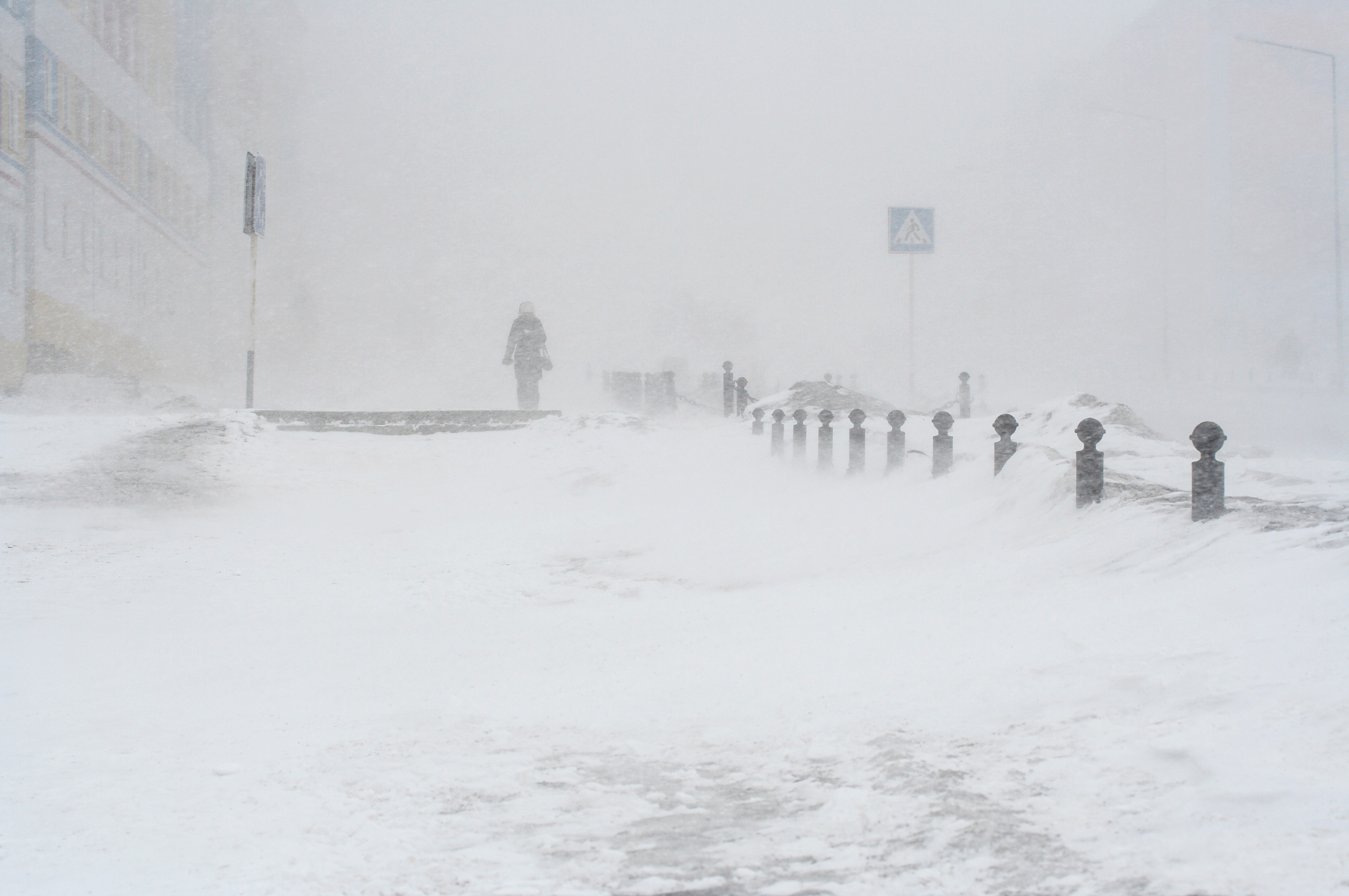
On October 22, 2021, the New Jersey Appellate Division issued a far-reaching decision in Youssef v. Shri-Ram Donuts #3 LLC, No. A-3903-18, 2021 N.J. Super. Unpub. LEXIS 2546 (App. Div. Oct. 22, 2021), which clarifies that the “ongoing storm rule” protects not only commercial landowners but also their lessees and snow and ice removal contractors. O’Toole Scrivo, LLC attorneys Robert J. Gallop and Franklin D. Paez represented the lessee in this case and played a pivotal role in securing this defense-friendly outcome.
The Seminal Decision Adopting the Ongoing Storm Rule
In June 2021, the Supreme Court of New Jersey adopted the “ongoing storm rule” in the case of Pareja v. Princeton International Properties, 246 N.J. 546 (2021). Under the ongoing storm rule, a landowner does not have a duty to remove snow or ice from public walkways until a reasonable time after the cessation of precipitation.
Before Pareja, New Jersey’s position regarding the ongoing storm rule was unclear. In fact, the Appellate Division in Pareja rejected the ongoing storm rule. Upon its review, however, the Supreme Court clarified that, in general, “commercial landowners do not have a duty to remove the accumulation of snow and ice until the conclusion of the storm.” Nevertheless, the Pareja decision failed to settle whether this ongoing storm rule extends beyond “commercial landowners” and protects their lessees and snow and ice removal contractors as well.
Appellate Division Extends this Rule to Lessees and Contractors
In its recently-issued Youssef decision, the Appellate Division resolved this ambiguity and held that the ongoing storm rule applies with “equal force” to lessees and contractors. Consequently, these parties, too, are absolved of any duty to remove accumulating snow or ice while precipitation is falling.
The plaintiff in Youssef slipped and fell on an ice and snow-covered walkway abutting a donut shop while exiting the shop during a snow event. The property owner contractually delegated the responsibility to clear this sidewalk to its lessee, which, in turn, hired a contractor to provide snow removal services to the premises. Applying the ongoing storm rule, the trial court granted summary judgment to the lessee and contractor.
Shortly thereafter, the Appellate Division in Pareja rejected the ongoing storm rule, which caused the Appellate Division in Youssef to, upon the plaintiff’s appeal, overturn the trial court’s decision. After the Supreme Court reversed the Appellate Division and adopted the ongoing storm rule in Pareja, however, the contractor in Youssef petitioned the Supreme Court to reverse the Appellate Division’s ruling in that case. The Supreme Court granted the contractor’s petition for certification and remanded for reconsideration in light of the Court’s decision in Pareja.
On remand, the Appellate Division in Youssef abandoned the reasoning supporting its prior reversal and affirmed the trial court’s original grant of summary judgment to the lessee and contractor. In making this finding, the panel rejected the plaintiff’s contention that the ongoing storm rule should only apply to commercial landowners. The rule, the panel reasoned, was based on the fact that it is impractical and unsafe for any party, not just commercial landowners, to attempt to remove snow and ice in the middle of a storm. Thus, lessees of a commercial property should be afforded the protection of the rule, lest they be held to a stricter standard than the property owners.
Similarly, the panel also rejected the plaintiff’s attempt to distinguish commercial landowners from snow removal contractors. The court reasoned that “[r]equiring a contractor to ensure no accumulation of ice and snow on a property during a storm would impose a legal duty impossible to satisfy due to the continuous accumulation of ice and snow that inevitably results from an ongoing storm.” The panel thus extended the protection of the ongoing storm rule to snow and ice removal contractors as well.
Takeaways for New Jersey Slip-and-Fall Cases Moving Forward
In this way, Youssef expands what the Supreme Court of New Jersey in Pareja made clear: the ongoing storm rule, which declines to impose an obligation for parties to remove snow and ice while it is accruing as part of a storm, protects not only commercial property owners, but also lessees and third-party contractors. While the Youssef decision is unpublished and therefore non-binding, it is nevertheless persuasive given the lack of any authority directly addressing this issue. As such, the decision may serve as a powerful new shield for lessee and contractor defendants in snow-related slip-and-fall suits in New Jersey moving forward.
About O’Toole Scrivo, LLC
We are a carefully crafted mid-sized law firm of recognized subject matter experts practicing primarily in New York and New Jersey. We combine large-firm expertise with small-firm attention to client needs, representing businesses, insurance companies, and government entities. We are committed to delivering creative and timely results for the most high-profile and complex matters.


